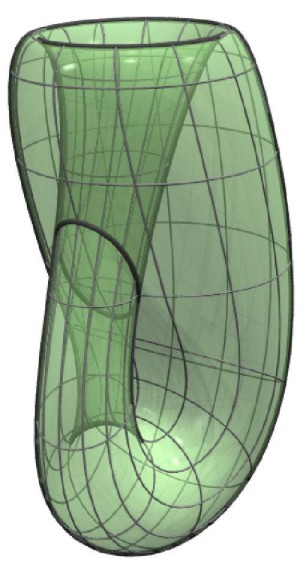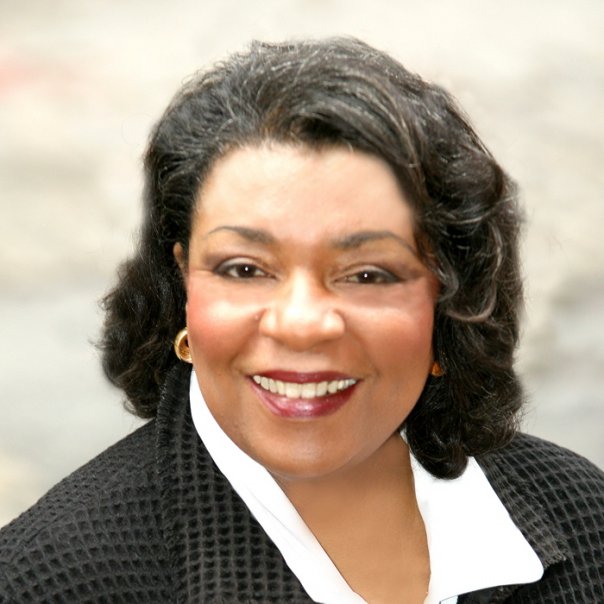 Landmark Education’s Power and Contribution course concludes its final weekend with the Conference for Global Transformation, a 3-day event which includes keynote speakers, breakout sessions, poster sessions, and papers presented on transformation, which are compiled into a journal. Each person in Landmark’s Power and Contribution course takes on an impossible promise, or a stand for the world, that they seek to fulfill. Previous graduates of the course organize and run the conference, with the intention of sharing with course participants what they have learned about taking an impossible promise into the world. This year’s conference was held May 16-18 in Redwood City, California, and the theme was “Contribution and the World Transformed.”
Landmark Education’s Power and Contribution course concludes its final weekend with the Conference for Global Transformation, a 3-day event which includes keynote speakers, breakout sessions, poster sessions, and papers presented on transformation, which are compiled into a journal. Each person in Landmark’s Power and Contribution course takes on an impossible promise, or a stand for the world, that they seek to fulfill. Previous graduates of the course organize and run the conference, with the intention of sharing with course participants what they have learned about taking an impossible promise into the world. This year’s conference was held May 16-18 in Redwood City, California, and the theme was “Contribution and the World Transformed.”
This year, the award for the best paper went to Lisa Maroski, a Chicago author of the novel, The One That Is Both, whose promise is “By 2012, I promise a world interconnected in thought, word, and deed, manifesting that we are all one.” In her paper, “Transforming Language to Transform the World,” Maroski asserts that we use language so automatically that we are unaware of the assumptions behind the very structure of our language. Hence, our speaking continues to create a world that isn’t necessarily transformed. For example, people’s speaking usually reflects the creation of a ‘me versus you’ world. Furthermore, she asserts, the English language is weighted more towards ‘or’ than towards ‘and’.
“Thanks to our logic, we see our differences much more clearly than our similarities,” she says. She points to the idea that although the promises intend to bring harmony and peace and connectedness, they still exist within old language and logic of separation. She says, “It’s a bit like ‘I’ll use force or wit or determination to make the world work for me, and then it will have to work for you, because I’ll be making the rules.’” Inside of this, she notes, there is no room for connectedness, or what she calls ‘bothness.’
The notion of transforming language isn’t simply adding new words to the lexicon. She says, “People have invented new words, but this doesn’t fundamentally alter how our language works. Although our language has changed constantly, the words that have stayed the same for centuries are the function words, i.e., conjunctions and prepositions such as and, or, but, with. These words connect the objects of reality to each other. The intention of my paper is to have people get that in reality, there is no implicit separation between people.”
Her idea is to build our connectedness into the assumptions of the language itself. Maroski explains, “Even when we say something like ‘I love you,’ which is supposed to cause connectedness, it actually causes an implicit separation between me and you.”
To convey how to begin to think about transforming language at the level of its assumptions, Maroski uses the examples of a wine bottle and a Klein bottle. A wine bottle has distinct boundaries; something is either inside or outside the bottle. The Klein bottle is like a three-dimensional Moebius strip in which the distinction between inside and outside the bottle is blurred; it represents interconnectedness and paradox. She has invented new types of words to convey that inherent dynamic, interpenetrating unity. “One thing I realized was that the inclusive ‘both/and’ world isn’t better than the ‘either/or’ world; in fact, it includes it,” she said.
Maroski would like to leave readers with a question:
To the extent that my speaking creates my world, and my speaking (English) creates a world that separates me from everything else, and that sense of separation engenders everything that’s abhorrent to the heart, how do we transform language to embrace and express the paradoxical unity I know myself-as-the-world to be?
Visit Maroski’s website and blog to ongoingly see more of her ideas.


